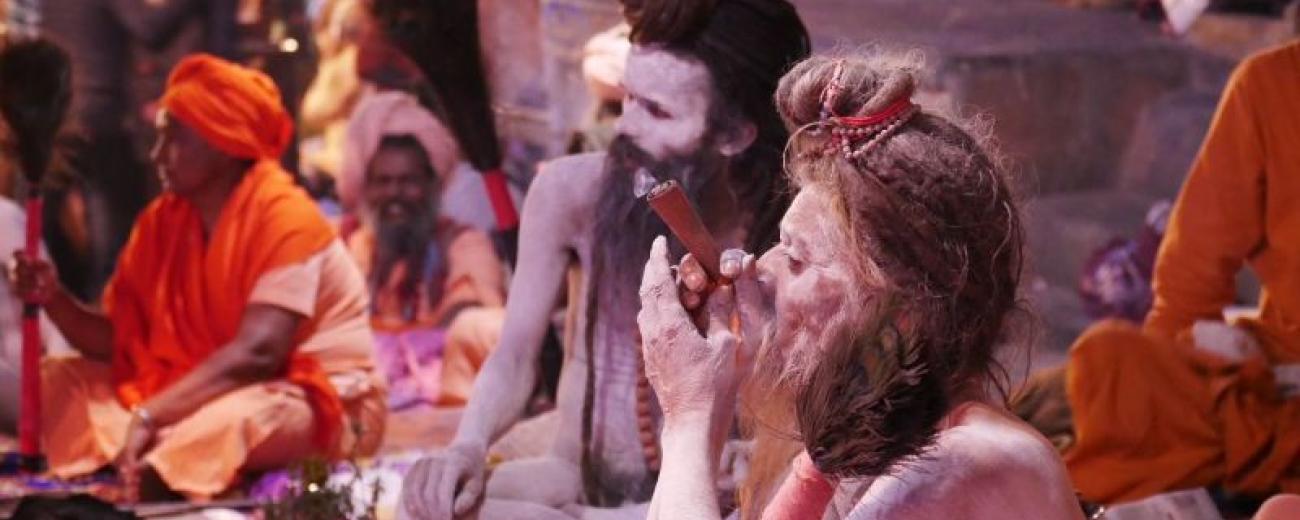Introduction to Indology


Overview
Traditionally the discipline of Indology involves the study of ancient Indic languages and scripts, most commonly Sanskrit and Pāli, in order to engage with historical textual and material sources as a means to understanding the cultural and religious beliefs and practices that grew out of the Indian subcontinent. The academic study of the traditions of yoga and meditation today has been cultivated within this disciplinary and methodological framing.
The term Indology refers to the academic study of India, its people, culture, languages and literature. It is now more likely to be referred to as Indian or South Asian studies within Western academies. It is also possible to distinguish 'classical' Indology from contemporary or 'modern' Indology – ‘classical’ is focused more on historical languages and sources as opposed to ‘modern’ which considers contemporary India and its socio-political landscape.
Indology emerged, alongside Orientalism, in the context of Colonial rule in the 18th and 19th centuries. Encouraged by the increased interest and intellectual energy afforded by the era there was a wave of scholarship in this period which established the study of South Asian traditions in the Western academy.
Since the late 20th century there has been a critical debate around the work of 19th century 'Orientalist' approaches to the study of South Asia. As Edward Said established in the 1970s, the foundations of this field of study in the West were inextricably linked with the colonial project and mindset [Said, 1995: 11]. This nurtured a specific reading of texts; an idealisation of the past and claims of cultural decay in the East that somehow justified the Western involvement and presence in its present.
The impetus, purpose and conclusions of early Indologists can now be viewed critically through a post-colonial lens, but the validity of the methodologies used remains relevant [Wynne, 2007: 6]. Ultimately, it is hard to ignore the impact that scholarship from this period had on our contemporary understanding - academically and culturally - of the traditions of yoga and meditation in the West.